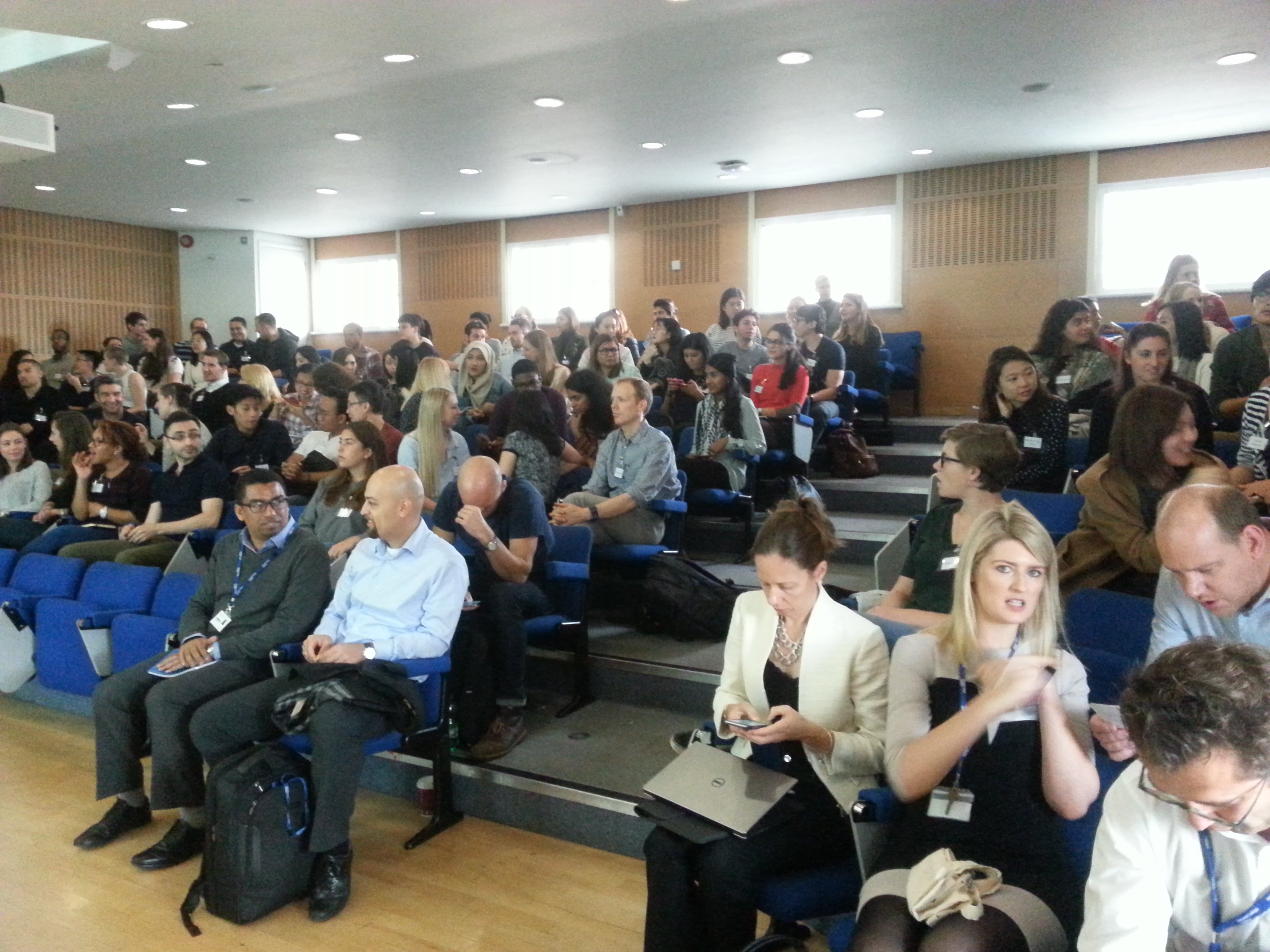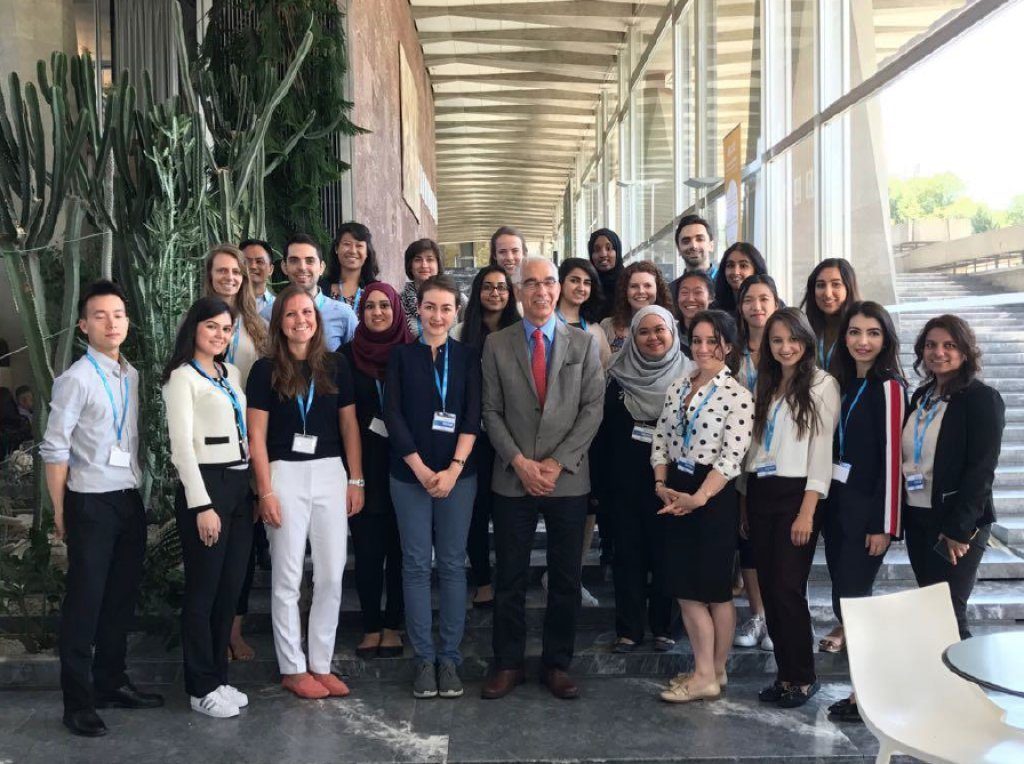Your Thursday morning and afternoon throughout your year 5 will be dedicated to the Integrated Clinical Apprenticeship. This has been negotiated with the Year 5 course leads and your Specialty supervisors for each firm. Attendance is mandatory for both morning and afternoon sessions. You will attend your allocated GP surgery on a time negotiated with your GP mentor. In the morning, you will see patients from your caseload, assessing their clinical needs and bringing yourself up to date with their secondary care contacts. You can then plan with your patient to attend any secondary care appointments in the coming weeks with your patients. You may also see “ad hoc” patients from the surgery and, if relevant, add them to your caseload. There will be an opportunity to see other health professionals in the primary care team and assist in their daily activities.
This is a group of about 12 patients (shared with your pair), recruited by your GP and you, who you will follow through the year, both in primary and secondary care. Depending on their clinical condition, you may not be required to follow them through the entire year, but other patients can be “picked up” through the year on an ad-hoc basis.
WHAT WILL I BE EXPECTED TO DO WITH MY PATIENTS?
You will be expected to see patients, assess them clinically, perform reviews (eg mental health and ante-natal reviews), manage your own appointments and home visits and perform investigations on your patients as required.
WHAT IF I FEEL I AM MISSING OUT ON FIRM OBLIGATIONS?
It will be up to you to decide whether some of the secondary care appointments will take precedence over commitments elsewhere in your firm. This will require discussion with your site leads as these arise. These negotiations are an important part of becoming a flexible clinician, requiring prioritisation and organisational skills.
WHAT ABOUT THE AFTERNOON?
Tutorials based in Imperial Campuses will start at 2pm and run until 5pm every Thursday. These will give you an opportunity to debrief with peers and course leads, present interesting cases (both from Integrated Clinical Apprenticeship and your firms) and receive tutorials based around course themes, relevant to the Year 5 core specialties.
There are no formal assessments in the Integrated Clinical Apprenticeship. However, there are some exercises during the year that are designed to help you reflect on your Year 5 learning with regard to your Integrated Clinical Apprenticeship work.
WHAT IF I CAN’T ATTEND A SESSION?
You first priority in this instance is to your patients and your surgery. Please let them know as soon as possible that you cannot attend so that they can inform your booked patients. Please also email the course administrator Noosheen Bashir (n.bashir@imperial.ac.uk). You should always notify us prior to being absent from a session so that our records are accurate.

